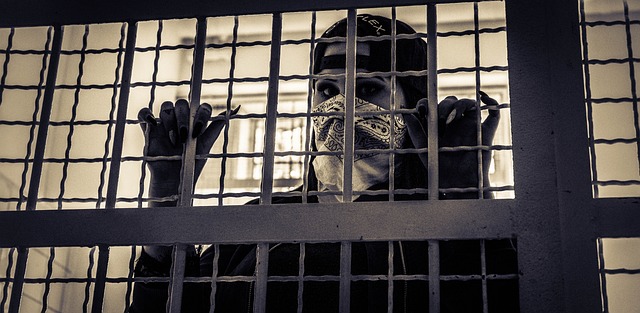For teen immigrants facing DUI charges, Teen Driver Rehabilitation programs offer a vital solution. These specialized services provide education on drinking and driving risks, counseling, and life skills training, helping teens avoid harsh immigration consequences like visa denials or revocations. Successful completion can reduce penalties and even lead to immigration relief, offering a path to redemption and future success.
“For teen immigrants, a DUИ (drunk driving under the influence) conviction can have severe immigration consequences, impacting their visa status and future opportunities. This article delves into the intricate relationship between DUI laws and immigration policies specifically targeting young drivers. We explore how understanding these laws can empower teens to navigate potential visa implications and highlight the significance of Teen Driver Rehabilitation Programs as a mitigation strategy. Additionally, we provide insights into available immigration relief options post-conviction.”
- Understanding DUI Laws for Teen Immigrants: Potential Visa Implications
- The Role of Teen Driver Rehabilitation Programs in Mitigating Consequences
- Navigating Immigration Relief Options After a DUI Conviction
Understanding DUI Laws for Teen Immigrants: Potential Visa Implications

For teen immigrants, understanding DUI laws is crucial as it can significantly impact their visa status and future immigration opportunities. Many countries have strict rules regarding alcohol consumption for young drivers, often with harsher penalties compared to adult offenders. A DUI conviction can lead to immediate visa issues, including denial of renewal or even revocation, making it challenging for teens to maintain their legal standing in a new country.
Teen Driver Rehabilitation programs can offer a path to mitigation and redemption. These programs focus on educating young drivers about the dangers of drinking and driving while providing resources for rehabilitation. Successful completion may demonstrate a commitment to change, potentially influencing immigration authorities positively when considering visa applications or extensions in the future.
The Role of Teen Driver Rehabilitation Programs in Mitigating Consequences

Teen Driver Rehabilitation Programs play a pivotal role in mitigating the severe consequences that can arise from a DUI (Driving Under the Influence) for young immigrants. These programs are designed to educate and guide adolescent drivers, helping them understand the impact of their actions and take responsibility for their behavior. Through intensive training, teens learn about the risks associated with drinking and driving, safe driving practices, and decision-making skills that can prevent future mistakes.
By participating in these rehabilitation programs, teen drivers can reduce the likelihood of immigration consequences, such as visa denials or revocation. The programs often involve counseling sessions, workshops on substance abuse prevention, and practical driving courses, all aimed at fostering maturity and responsible behavior. This proactive approach not only assists in legal matters but also empowers teens with life skills crucial for their overall development and future success.
Navigating Immigration Relief Options After a DUI Conviction

After a DUI conviction, individuals often face complex immigration consequences, especially non-citizens and those on temporary visas. One of the potential paths to relief is through Teen Driver Rehabilitation programs. These specialized programs are designed to help young drivers, including teenagers, who have been involved in alcohol or drug-related driving incidents. By participating in such programs, offenders can demonstrate their commitment to responsible behavior and community safety.
The process involves close monitoring, education, and often, participation in counseling sessions. Upon completion, successful applicants may be eligible for reduced penalties or even immigration relief, depending on their status. This approach not only offers a chance at mitigating legal repercussions but also empowers individuals to make amends and potentially avoid long-term immigration issues associated with DUI convictions.
Teenagers facing DUI charges should understand that their immigration status and visa prospects can be significantly impacted. However, there are avenues for relief through tailored rehabilitation programs and exploring legal options. By participating in teen driver rehabilitation, individuals can mitigate consequences and improve their chances of securing favorable immigration outcomes, ultimately helping them navigate the complexities of both legal systems effectively.






